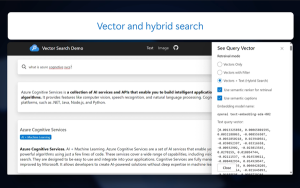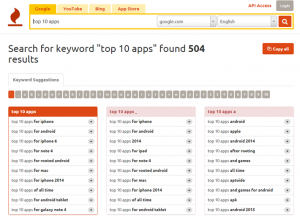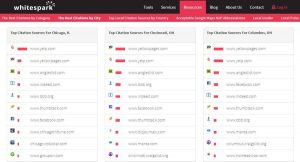Many executives are starting to argue that the annual performance reviews are outdated and no longer useful and even 90% of HR professionals say that they are inaccurate at assessing employee’s performance. Although performance reviews should not be accompanied by bi-annual and quarter performance reviews, and most importantly continuous feedback, the annual review can still play an important role in assessing an employee’s overall performance. It provides the opportunity to look at an employee’s full body of work from throughout the year which can eliminate a lot of unconscious biases such as recency bias where managers only focus on the most recent performance of an employees.
This article will outline the topics that should be covered during a performance review to ensure that these annual reviews are useful for developing employees.
1) Competencies
Competencies are described as the skills and behaviors that are needed and expected from employees for them to perform at high-skill level. These skills should be relayed right from the on boarding process and employees should be incorporating these competencies in their day-to-day work. During the performance review the manager should discuss with their direct report what competencies they excelled in and what competencies they should work on before the next quarter. Ensure that managers are using examples of when employees have demonstrated these behaviors and putting the competencies to work so it is easier for the employee to digest and understand.
2) Objectives
All employees will mostly likely set individual level goals that help contribute to the overall organizational goals. Within the performance review, make sure to walk through their goals and check-in on if they have met their goals or where they have fallen short over the year. It is important to clarify to employees that their goals should be aligning with that of the organizations. Documentation of the progress towards goals is crucial to keep employees productive and engaged in their work.
3) Company values
Values arguably can affect all aspects of a business, ranging from how engaged employees are and how many sales a company is making. The values are the fundamental beliefs of a organization and how they choose to run their business. For these values to work, employees need to be keeping these company values in mind while working. It has been reported by MOODtracker that employees that are aware of their company values are more engaged than those who do not. During the review manager should state the values, why they are important, and also if the employee has been demonstrating those values within their work. As mentioned in point #1, real examples of employee behavior are crucial.
4) Career development opportunities
Many managers dread performance reviews because they are timely and sometimes uncomfortable. Employees are just as fearful, if not more since it is their performance that is being evaluated. Managers should cover career development opportunities to employees to encourage them to stay motivated and to improve their performance. A focus on training and development has been known to boost employee morale and productivity while decreasing staff turnover. Remember managers should ask for employees short- and long-term goals so they can collaborate on how to see that employee succeed.
5) Past feedback conversations
A good strategy to take when entering a performance review is have a past look at documented feedback conversations with the direct repot and be able to summarize what you discussed to assess whether they have incorporated the feedback into their current performance. Have a conversation with your direct report and allow them to give their perspective on what they did well, if they met their goals, if your manager style has been working for them, what they would say they struggled with, etc. Having these open-ended questions are important to gauge where you as a manager can be more helpful for their success. Using an intuitive performance review solution can streamline this process by having all past effective feedback conversation documented so you can easily include past examples of the employee’s performance.
Conclusion
When covering these 5 main topics, the most important thing that managers should remember is the right delivery during a performance review. It needs to be delivered in a constructive and kind way to get the best results. Avoid beating around the bush to save yourself and your employee’s time. Come in prepared with examples and the points you want to cover so that both you and your employees can receive what you need from the performance review.
Business & Finance Articles on Business 2 Community
(52)








